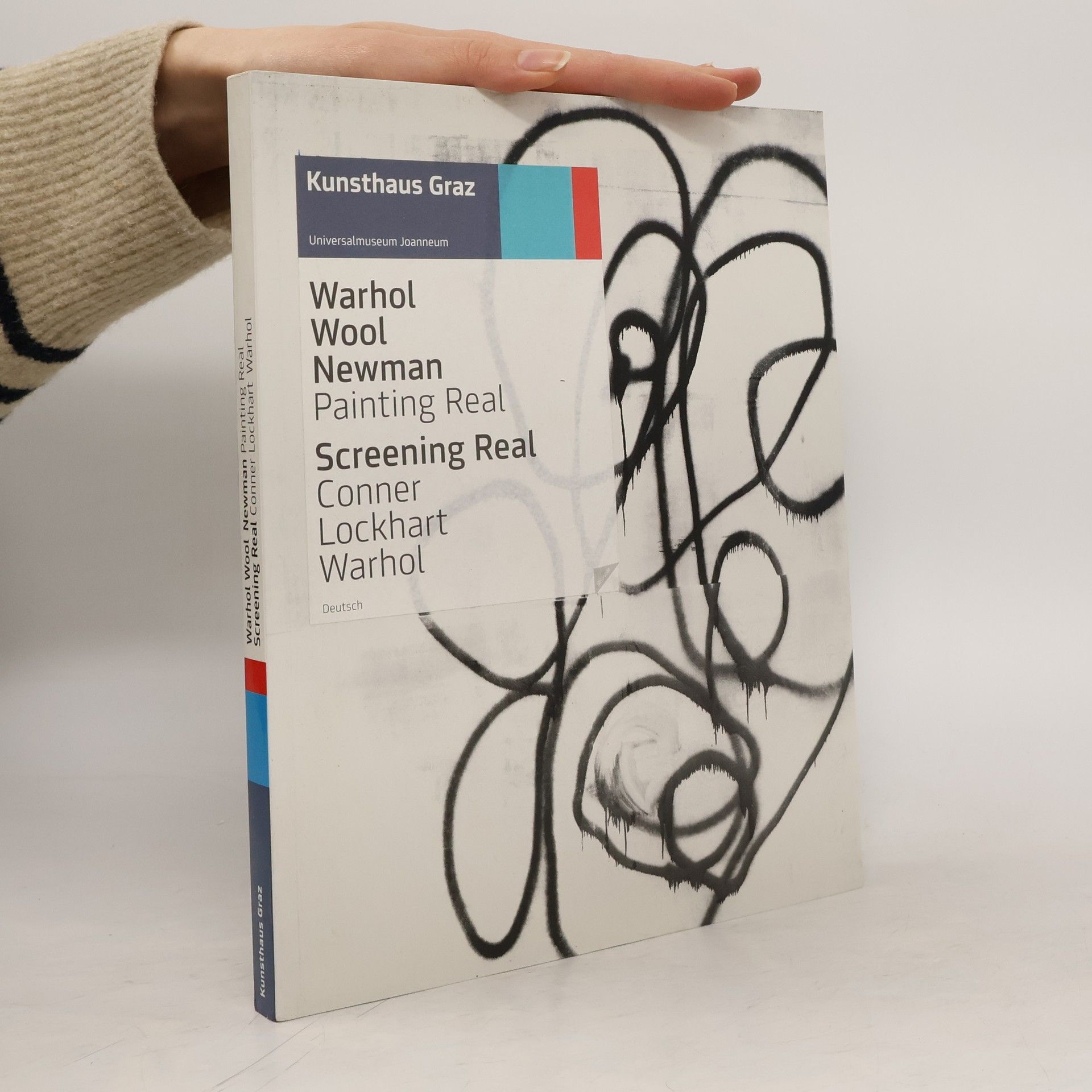Isaac Julien: Riot
- 240pages
- 9 heures de lecture
'Riot' is an intellectual and professional autobiography of the British artist and filmmaker Isaac Julien, whose trail-blazing career has moved through forms of documentary, biography, dance, narrative film, and multiscreen installation. Both visually sensuous and politically and socially engaged, Julien's films draw on influence as disparate as silent cinema, cultural studies, news stories, Chinese myth and popular music.


